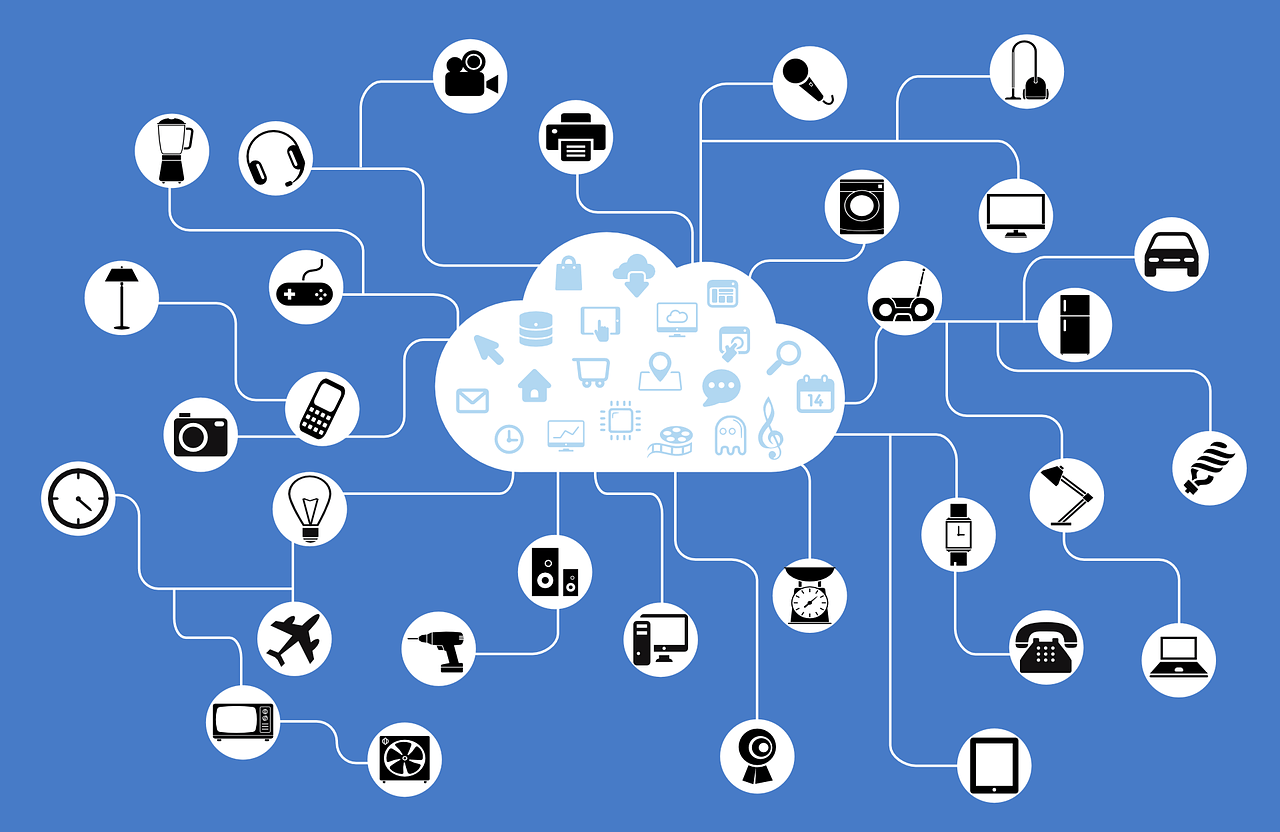For many of us, the internet plays a central role in our lives. From shopping for food and clothing, to entertaining ourselves and even ordering a taxi, it's hard to imagine life without the internet.
As technology continues to develop, this dependency is likely to grow, with the internet expanding beyond the web, and into everyday objects, as well. This is the "Internet of Things" (IoT), using networks to link objects so they can send and receive data.
This technological development, alongside AI, is designed to increase automation, producing greater efficiency and convenience for us in our working and personal lives. This technology is predicted to have a huge impact, but what does this mean economically?
Does automation mean fewer jobs?
Simply put, on paper, automation leads to job losses. Already, machines have replaced human labor in manufacturing industries, and the development of AI means that numerous jobs will be performed by machines in the future, with one study suggesting that 800 million workers will lose their jobs to automation by 2030.
While many job roles may become obsolete as technology continues to develop, this does not necessarily mean that 800 million of us will be queueing at the Jobcentre. New technology creates new opportunities, and for those willing to retrain and adapt, new jobs as well. Automation is being pursued not to replace human labor, but to support it, with this technological change holding the potential for an economic revolution.
Previous economic revolutions
Historically, economic revolutions have occurred through new technological developments, which push forward industry, creating great periods of change and ultimately, greater economic prosperity.
The industrial revolution is perhaps the most famous example, which began in the mid 18th Century in Britain. Powered by the development of machinery, the rise of industrial production led to considerable economic growth across the western world, and eventually improved standards of living.
Similarly, the rise of computers and communication technology in the 1960s onwards brought about another economic revolution. The advent of the personal computer changed the face of how we work forever, changing many job roles in the process.
The "Internet of Things" can be aligned within this tradition, as it represents another huge technological development that could change the way we work for decades to come, driving forward change, and potentially increasing average income in the US between 20 to 30 percent by 2030.
How will this work?
As occurred with the technological developments in previous economic revolutions, IoT is designed to increase productivity through greater efficiency. Through massive amounts of data being transferred, technology will be automated, meaning greater efficiency, and less wasted time and materials. Automation of previously human-intensive work means that, in theory, people previously working in these roles are free to invest their time elsewhere, leading to greater productivity, and further opportunities.
Whether the "Internet of Things" will have the same impact as previous technological developments is yet to be seen. It does, however, hold considerable potential for economic change. Instead of being a cause for concern, history suggests that these periods of change lead to greater prosperity, with the "Internet of Things" representing a very real economic revolution.
Blavitize your inbox! Join our daily newsletter for fresh stories and breaking news.

